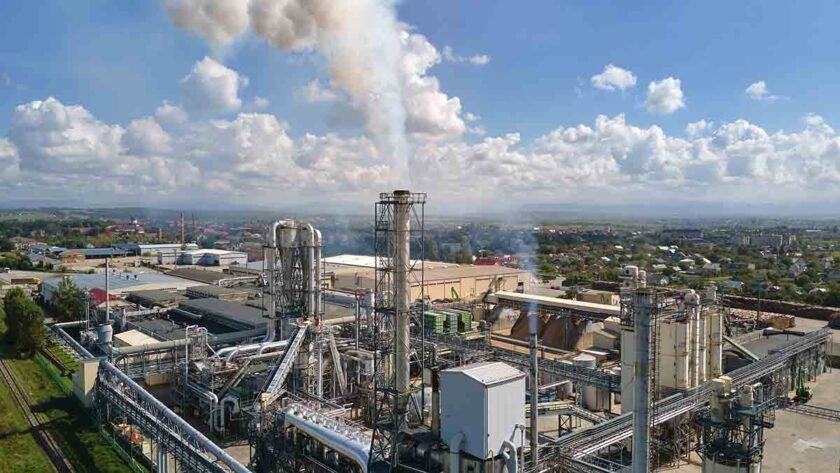The oil and gas industry is a highly competitive sector, with companies continually looking for ways to increase efficiency and reduce costs. To remain competitive in this market, leveraging smart solutions has become an essential part of modern business strategies.
In this article, we will explore different ways the industry can harness efficiency gains by using automation technologies, data analysis tools, predictive maintenance systems, and more. We will also examine the challenges they may face when it comes to implementing these solutions, and suggest best practices that could help them achieve success.
Automation & AI for Efficiency Gains
Automation technologies, such as robotics and artificial intelligence (AI), can help oil and gas companies increase efficiency by streamlining tasks that previously required humans. For example, automation technologies can be used to monitor the production process from start to finish. This allows for fewer employees to be involved in the entire process, which leads to cost savings.
Additionally, advanced AI technologies can be used to assist in predictive analytics and analysis, making it easier to identify trends and anomalies in production data. This helps companies make smarter decisions and increase efficiency by focusing on the most important tasks.
Data Analysis & Predictive Maintenance
Data analysis tools are essential for oil and gas companies looking to maximize efficiency gains. By analyzing production data, companies can identify areas that are in need of improvement and make necessary adjustments accordingly. This helps them optimize processes and save time and money.
Another way for oil and gas companies to increase efficiency is through predictive maintenance strategies. Pressure sensors can be used to monitor pressure levels during various stages of the production process. This enables companies to quickly identify system flaws and ensure that equipment is functioning properly. This can help them avoid costly and time-consuming downtime, as well as reduce the need for unnecessary maintenance and repairs.
Challenges of Implementing Smart Solutions in Oil & Gas Businesses
Although smart solutions can offer significant efficiency gains, there are certain challenges associated with implementing them in oil and gas businesses. For example, many companies lack the resources to invest in the necessary technologies and tools needed for successful implementation.
In addition, many organizations may not have sufficient personnel with the expertise necessary to successfully integrate these solutions into their production processes. As a result, they may struggle to realize the full benefits of these smart solutions.
There are also a number of regulatory and safety considerations that must be taken into account when implementing these solutions. Companies must ensure that their systems meet all applicable regulations, as well as stay up-to-date on current safety protocols.
Best Practices for Implementing Smart Solutions in Oil & Gas Businesses
Despite the challenges associated with implementing smart solutions in oil and gas businesses, there are certain best practices that can help ensure success. For example, companies should ensure that their personnel has the necessary technical knowledge and skills to effectively utilize these technology solutions.
Investing in training and development programs can help ensure that personnel is up-to-date on the latest technologies and best practices. This allows them to maximize efficiency gains and keep up with the competition.
Aside from personnel training, companies should also ensure that they have the necessary resources in place to successfully implement these solutions. This may include investing in dedicated hardware and software, as well as developing an appropriate data management strategy.
Finally, oil and gas businesses must keep up with current industry regulations and safety protocols when it comes to using these technologies. By staying informed and making sure systems are compliant, companies can ensure that the solutions are being used safely and efficiently.
Conclusion
These smart solutions can help oil and gas businesses maximize efficiency gains, reduce costs, and achieve a competitive edge in the market. However, successful implementation requires careful planning, sufficient resources, and knowledgeable personnel. By following best practices such as training personnel and staying up-to-date on industry regulations, companies can ensure that these solutions are used to their fullest potential.




